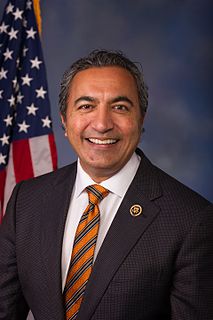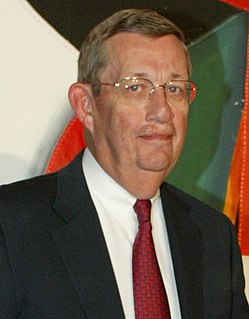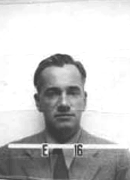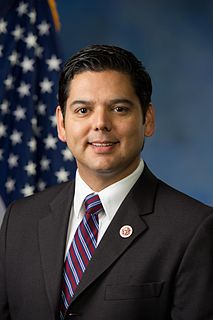A Quote by Joseph Rotblat
The time has come to formulate guidelines for the ethical conduct of scientist, perhaps in the form of a voluntary Hippocratic Oath.
Related Quotes
Though moral axioms to guide the conduct of the practitioner have existed since the beginnings of the profession of healing, Western doctors are most likely to view the Hippocratic Oath of approximately two-and-a-half millennia ago as the first codified set of statements to which they can look for guidance.
Before they went on vacation, Congress voted to exempt themselves from Obamacare. They gave themselves a special exemption because they thought it was too expensive. So the people who voted for Obamacare for us voted to exempt themselves from it. You know how doctors take the Hippocratic Oath. Congress apparently takes the 'Hypocritic Oath.'
You are also asked to take an oath, and that's the oath of service. The oath of service is not to secrecy, but to the Constitution - to protect it against all enemies, foreign and domestic. That's the oath that I kept, that James Clapper and former NSA director Keith Alexander did not. You raise your hand and you take the oath in your class when you are on board. All government officials are made to do it who work for the intelligence agencies - at least, that's where I took the oath.
Scientists have one thing in common with children: curiosity. To be a good scientist you must have kept this trait of childhood, and perhaps it is not easy to retain just one trait. A scientist has to be curious like a child; perhaps one can understand that there are other childish features he hasn't grown out of.



































